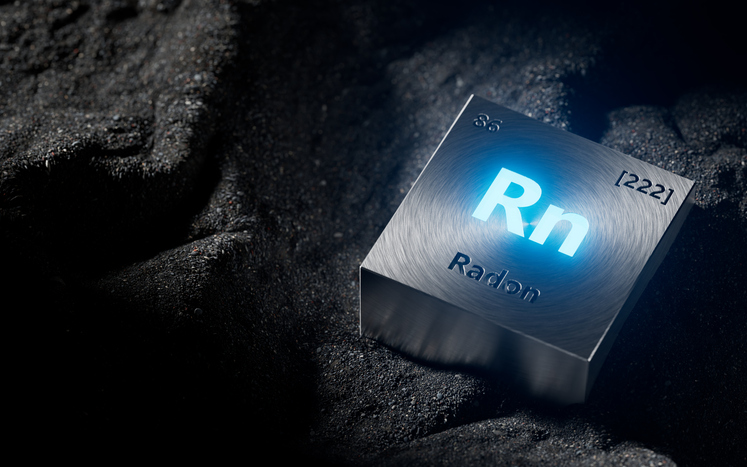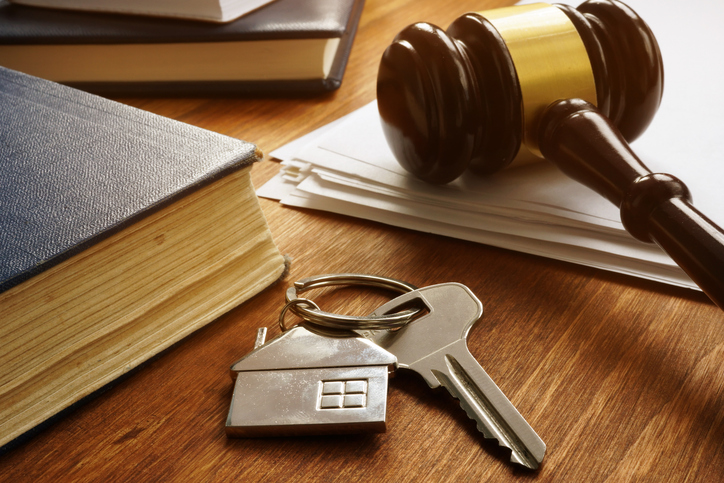
January serves as National Radon Action Month and a reminder to let your clients know the importance of testing for radon, an odorless, invisible, radioactive gas that can enter from the ground through foundation cracks in their homes.
Pennsylvania homes are prone to radon problems, with approximately 40% of homes in the state measuring radon levels above the Environmental Protection Agency’s action guideline of four picocuries per liter (pCi/L), according to the Pennsylvania Department of Environmental Protection. Additionally, PAR Form SPD, the Seller’s Property Disclosure Statement, asks sellers to reveal knowledge of the existence of any radon tests that occurred on the property, even if the test results were within acceptable limits, for residential real estate transfers.
Radon exposure is the second leading cause of lung cancer in the United States after smoking. The risk of lung cancer increases with the length of exposure and the concentration of radon.
Fortunately, radon-related deaths are preventable by testing homes and buildings for radon.
“Radon testing is relatively easy and inexpensive,” says DEP Radon Division Program Manager Bob Lewis in a DEP video where he shows viewers a typical radon test kit and how it works.
“Wintertime is an ideal time to do the testing because under normal conditions, the house is closed up at that time of the year,” Lewis adds. “The device placement basically is in the basement to get the most conservative results – that’s where the radon tends to be the highest.”
He suggests placing a radon test, which can be purchased from most hardware stores or home centers, on a workbench, table or other surface away from drafts, where it’ll be undisturbed. The test should remain in place for about two to seven days, depending on the manufacturer’s directions.
“At the end of that time period, you simply retrieve your test kit, you put the lid on it, you fill out the appropriate paperwork and get it in the mail ASAP,” Lewis concludes. “Two to three or so weeks later, you’ll have your test results. If you have questions about your test results, give us a call in downtown Harrisburg at 800-237-2366.”
Homes or buildings that test higher than 4 pCi/L should be tested again to confirm the results. If the results are still high, a radon mitigation system can be installed to reduce radon exposure over time.
For more information on radon, testing procedures and mitigation contractors, visit the DEP’s website or contact the Radon Division by calling 800-237-2366 or emailing ra-epbrpenvprt@pa.gov.
Topics
Member Discussion
Recent Articles
-
Seller’s Property Disclosure: From the Buyer’s Side
- May 9, 2025
- 4 min. read
A lot of education about the Seller’s Disclosure Law is about a seller’s responsibilities. But what are some things that buyers (and their agents) should be taking into consideration when reviewing the Seller’s Property Disclosure Statement?
-
1 in 3 Underestimate Energy Upgrade Costs
- May 8, 2025
- 2 min. read
Despite the cost of energy-efficient upgrades, 90% of those surveyed said they didn’t regret their decision to make them.
-
Home Insurance Rates Rose for 2 in 3 Policyholders in 2024
- May 7, 2025
- 2 min. read
From 2023 to 2024, the majority (35%) said their home insurance rates increased by 5.0% to 9.9%. A considerable 21% said their rates rose 10.0% to 19.9%.
Daily Emails
You’ll be the first to know about real estate trends and various legal happenings. Stay up-to-date by subscribing to JustListed.



